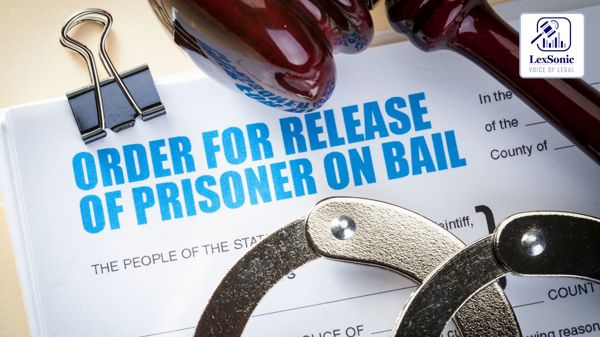In a recent order, the Supreme Court of India, in the case of Suman Bhari v. State of Rajasthan - SLP (Crl.) No. 14477 of 2025, granted bail to a female accused of obtaining a government job with a forged Bachelor of Physical Education (B.P.Ed.) degree. The petition arose from a judgment dated August 5, 2025, of the Rajasthan High Court that had earlier refused to grant her relief.
The matter came before a Bench comprising Justice Ahsanuddin Amanullah and Justice Prashant Kumar Mishra. During the course of hearing, counsel for respondent-State assured the Court that the counter affidavit had been filed recently but was not reflecting on the record. The Bench directed the Registry to ensure that the affidavit is placed both physically and digitally.
Counsel appearing for the petitioner submitted that the accused, who has since been dismissed from service, had already undergone about eleven months' incarceration. It was also pointed out that she has two minor daughters aged about eight and ten years and that she has no previous criminal record. On humanitarian considerations, apart from her termination of service and length of incarceration, the accused sought bail pending trial.
Opposing the plea, the State argued that since the petitioner had secured the appointment on the basis of a fabricated degree, the matter ought to be viewed seriously without showing any leniency.
On having considered the submissions, the Supreme Court found that the continuation of custody was not necessary based on the facts and circumstances described in this case. The Bench ordered that the petitioner should be released on bail pending conditions imposed by the trial court while reminding her to cooperate fully with the continuing trial. With that, the Court disposed of the Special Leave Petition and pending applications.
This essentially substantiates the consistent approach of the Court that prolonged pre-trial incarceration should not be punitive where the accused is no longer a flight risk and is willing to cooperate with proceedings. It balances the gravity of allegations with the principle of personal liberty under Article 21 of the Constitution, reflecting a humane yet legally sound exercise of discretion in bail jurisprudence.

